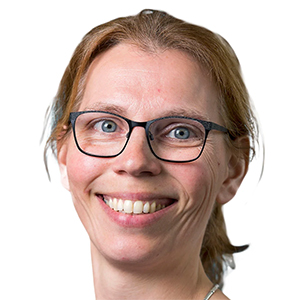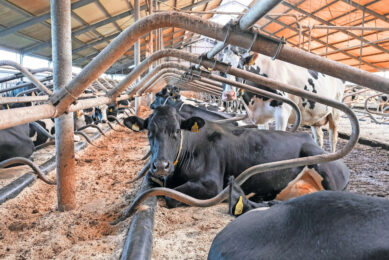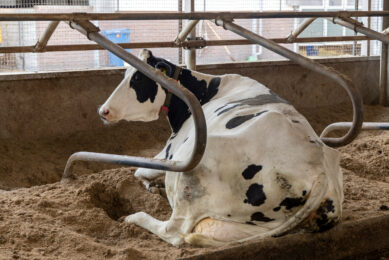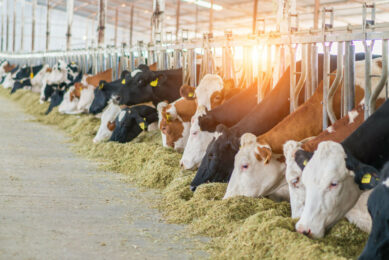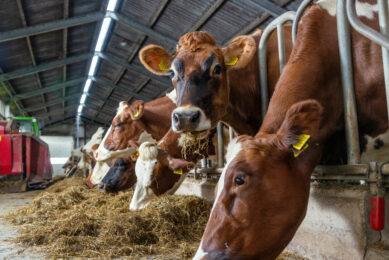‘Historic’ roadmap towards animal-friendly production
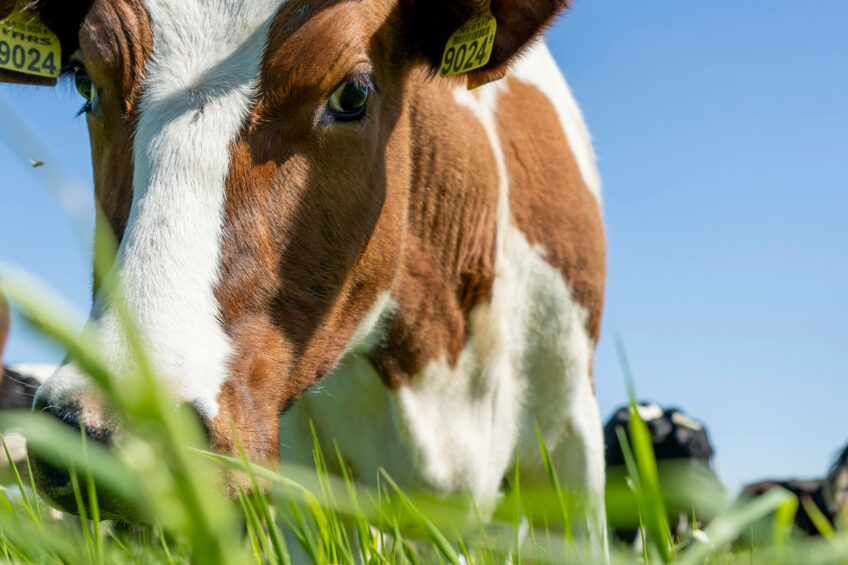
Animal welfare is making history in the Netherlands. In early July 2025, a total of 11 stakeholders, including farmer organisations, processors and marketing organisations, retailers, social interest groups and the authorities, signed a roadmap towards better animal welfare in livestock production. The ambitions are thought to cost billions of euros.
More space for animals, more opportunities to express natural behaviour in good health, and a minimal amount of physical processing on the animals. Those are key aspects of the agreement on improving animal welfare for dairy cattle, pigs, poultry and calves in the Netherlands.
Stakeholders have been discussing the plans for nearly 3 years. Included in the talks were animal husbandry associations, the Dutch Society for the Protection of Animals, supply chain partners as well as the Netherlands Ministry of Agriculture, Nature and Food Quality. Jointly, they signed the so-called ‘Covenant on Animal-Friendly Livestock Production’, which stipulates a step-by-step approach to animal-friendly livestock farming by 2040.
Research, pilot projects, and supply chain agreements will be conducted to ensure that the new requirements can be implemented responsibly: they must improve animal welfare, farmers must be able to recoup their investment and there must be a market for the products.
The agreement is the practical twin brother of a coinciding general administrative order which will be put up for a vote in Dutch parliament this autumn. That order roughly aims to codify that animals should no longer be adjusted to fit into a housing system, but instead housing systems have to be made fit for animals. The agreement therefore aims to make sure that the general administrative order shall not lead to unfeasible situations. The aim of the first new rules to take effect is on 1 January 2027.
Far-reaching agreements
In some cases, the agreement even includes more far-reaching agreements than those stipulated by law. For example, the roadmap towards animal-friendly and future-proof dairy farming includes agreements for the dairy sector on further promoting grazing, which also offers added value through market concepts.
All parties signing the agreement have their own set of responsibilities. Livestock producers will have to make investments. Market parties will have to work to ensure a market for the products from high welfare farms. The Dutch animal welfare society will play a key role in communicating with consumers. The authorities will be responsible for providing opportunities for frontrunners and co-funding research and pilot projects. In total, €51 million has been made available for this purpose.
Signatories of the rigorously negotiated agreement are satisfied, particularly because it enjoys such broad support. Only the poultry union as well as the veal sector has been hesitant, but neither of them rule out joining at a later stage.
Authority accelerates or slows down
An independent Animal Husbandry Authority will monitor progress. The authority must ensure that the livestock farming sector can actually realise the animal welfare progress, including a revenue model for producers and scope within existing permits to adapt farm houses. In 2028, 2033 and 2038, the authority will assess whether a next step with higher animal welfare agreements can be taken. Sector organisations are very pleased with the authority, which aims to prevent livestock farmers from being subjected to unattainable requirements. Animal welfare organisations, on the other hand, fear that this approach will always provide an excuse for not taking the next step towards animal dignity.
Legal guarantee, measures cost billions
Researchers at Wageningen Social and Economic Research (WSER) calculated that implementation of the legal rules will cost between €5.9 and €8.4 billion in investment costs. That depends heavily on whether the adjustments involve building expansions. The annual costs, according to the researchers, are between €1.2 and €2.1 billion. The research team stated that annual costs per farm vary between €23,000 and €400,000. The lower livestock density is the main driver of higher costs. The team believes that substantial compensation is needed, particularly for the major changes in sow farming, to ensure that pig farmers can maintain their income. However, the objective of the agreements is for the additional costs to be covered by the market.
Chairman of the agreement, Elbert Roest, described it as “a happy moment for the animals” and “an historic step”. He said, “Improving animal welfare will be a structured agenda item in the coming years, and we have concrete programmes for how we will approach it. The implementation will begin now. Nowhere in Europe or the world have so many parties jointly initiated such a movement. This is truly historic.”
Join 13,000+ subscribers
Subscribe to our newsletter to stay updated about all the need-to-know content in the dairy sector, two times a week.


